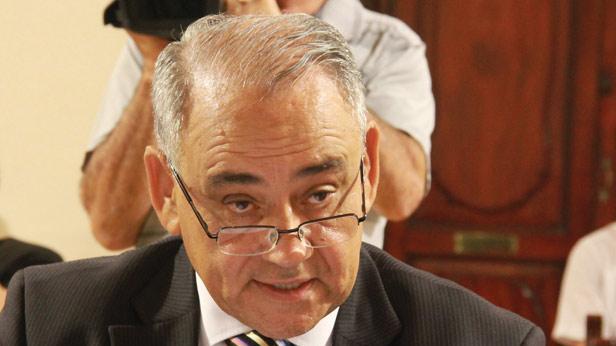The Ombudsman has outed public authorities to the Venice Commission for not cooperating with his office when it is investigating an issue or complaint that does not fall in line with the government’s objectives.
This was also one of the main concerns raised by the Commission itself in its Opinion relating to the availability of information that the Parliamentary Ombudsman and his Commissioners require from the public administration for the proper investigation of complaints.
“Even though information to the Office of the Ombudsman is generally forthcoming, the public administration including public authorities adopt a non-cooperative attitude when the subject matter of the complaint or their own initiative investigation does not conform with the government’s objectives or policies. This is fundamentally wrong and unacceptable,” Ombudsman Anthony Mifsud said in a statement.
In a video call with the Venice Commission earlier this month, Mifsud discussed the government’s proposed legislative changes to the Ombudsman Act, which were sent by Justice Minister Edward Zammit Lewis on 13 May 2020.
However, in its proposals to the Venice Commission, the government made no reference to the mentioned lack of cooperation.
The European Commission for Democracy through Law (known as the Venice Commission) is an advisory body of the Council of Europe, composed of independent experts in constitutional law, and their opinion is often quoted as a point of reference in judgments of the EU’s court as well as the European Court of Human Rights.
The Venice Commission has long been waiting for Malta to get in line with a series of recommendations it issued to strengthen the rule of law and, only received a number of proposals on judicial reform a few weeks ago. These proposals, however, were not put forward for public consultation before being submitted – a move that drew criticism from many for not being transparent.
In his discussions, Mifsud also agreed with the stand taken by the Venice Commission that the Freedom of Information Act should be updated using available international models to guarantee transparency of the administration vis-à-vis the media and the citizens”.
Turning to the issue of parliamentary debates on the Ombudsman’s final opinions, Mifsud pointed out that the government’s recommendation was only limited to the discussion of his office’s annual report.
This falls short from the opinion made by the Venice Commission which recommended that Parliament should be obliged to debate reports addressed to it by the Ombudsman, he said.
In fact, when the Ombudsman’s recommendations for appropriate redress were left pending or else not accepted, the Ombudsman and the Commissioners would send copies of the reports and recommendations to the House of Representatives from time to time.
His office reiterated several times that it should be the House of Representatives that should finally determine whether the opinion of the Ombudsman and the Commissioners, who are its officers, and their recommendations to rectify administrative injustice, “merited to be further discussed to determine whether they were correct and should be sustained”.
As a result, he recommended that the Speaker of the House should refer reports sent to him by the Ombudsman to the appropriate Standing Committee of the House and followed by a debate.
One of the government proposal’s Mifsud agreed with was to include legal amendments that would allow anything related to the appointment, removal and suspension of the Ombudsman to be included in the Constitution.
“The Ombudsman has regularly and expressly suggested that in a redrafting of a new Constitution, the provisions regulating the Office of the Ombudsman and that of the Auditor General should be grouped together and placed in a separate title immediately after those regulating Parliament,” he said.
Their status should be recognised by the Constitution as authorities answerable to parliament, entrusted by it to verify that the actions of the executive “conform to legislation enacted by it and satisfy the requisites of the right to a good public administration”.













